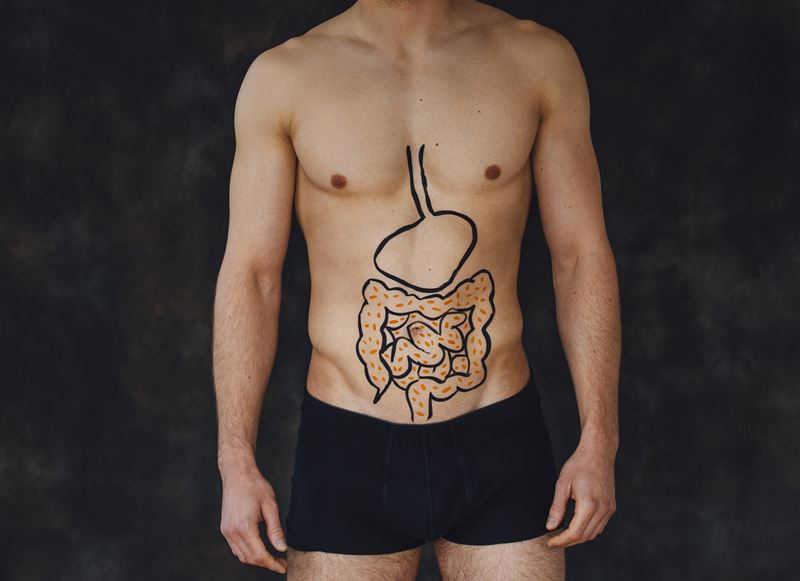How alcohol influences our internal ecosystem
Alcohol, gut health, and well-being
2024-02-14

The relationship between alcohol consumption and gut health is a rapidly evolving area of scientific inquiry, with emerging research highlighting both the potential harms and benefits of alcohol on the gut microbiome. This complex interplay is gaining attention not only for its implications on digestive health but also for its broader impact on overall well-being. The gut microbiome, a vast ecosystem of bacteria, viruses, and fungi residing in our gastrointestinal tract, is crucial for various bodily functions, including digestion, immune response, and even mental health. Disruptions to this microbial community, known as dysbiosis, have been linked to numerous health conditions, from inflammatory bowel disease to obesity and depression. Understanding how alcohol affects this delicate balance is key to unraveling its full impact on human health.
Alcohol and Gut Dysbiosis: Insights from Recent Research
A significant body of research has focused on the effects of heavy and chronic alcohol consumption on the gut microbiome. A study led by Dr. Jasmohan Bajaj, a hepatologist at Virginia Commonwealth University and the Richmond VA Medical Center, demonstrated that individuals with alcohol use disorder exhibit a pronounced imbalance in their gut microbiota, characterized by an overgrowth of harmful bacteria and a decline in beneficial species (Bajaj et al., 2018). This dysbiosis is associated with increased gut permeability, often referred to as "leaky gut," allowing toxins and bacteria to enter the bloodstream and contribute to inflammation and liver damage.
Moreover, Dr. Cynthia Hsu, a gastroenterologist at the University of California, San Diego, notes that this altered microbial landscape can exacerbate alcohol cravings, creating a vicious cycle that complicates recovery efforts (Hsu et al., 2020). These findings underscore the critical role of the gut microbiome in the pathophysiology of alcohol-related disorders and highlight the potential for microbiome-targeted therapies in treating alcohol dependence.
The Paradox of Moderate Drinking: A Double-Edged Sword?
The narrative shifts, however, when considering moderate alcohol consumption. Contrary to the detrimental effects observed in heavy drinkers, some studies suggest that moderate alcohol intake might actually confer benefits to the gut microbiome. A pivotal study published in Gastroenterology by Dr. Le Roy and colleagues (2019) found that individuals who consume red wine in moderation exhibit greater gut microbial diversity compared to non-drinkers. This effect was attributed to the high polyphenol content in red wine, which serves as nutrients for beneficial gut bacteria, promoting a healthy microbial balance.
Polyphenols, found abundantly in grape skins, are known for their antioxidant properties and have been shown to positively influence the gut microbiome by enhancing the growth of beneficial bacteria and inhibiting harmful ones. This suggests that the benefits of moderate red wine consumption on gut health may be more related to its polyphenol content than to alcohol itself. However, Dr. John Cryan, a neuroscientist at University College Cork, Ireland, cautions against overinterpreting these findings. He emphasizes that polyphenols are also present in a wide array of fruits, vegetables, and non-alcoholic beverages, suggesting that similar benefits could be achieved through a healthy diet without the risks associated with alcohol consumption (Cryan et al., 2019).
Recovery and the Resilient Microbiome
Interestingly, the gut microbiome shows a remarkable capacity for recovery following cessation of alcohol intake. Research by Dr. DiBaise et al., published in the Journal of Hepatology (2021), observed significant improvements in gut microbial diversity and reductions in permeability within weeks of abstinence in individuals previously suffering from alcohol use disorder. These changes were accompanied by improvements in liver function and a reduction in systemic inflammation, highlighting the gut-liver axis's pivotal role in health and disease.
While these findings are promising, Dr. Lorenzo Leggio, a physician-scientist at the US National Institutes of Health, cautions that more research is needed to fully understand the long-term effects of alcohol cessation on the gut microbiome and its implications for health (Leggio et al., 2020). Furthermore, it's important to consider that lifestyle changes often accompanying alcohol cessation, such as improved diet and increased physical activity, may also contribute to these positive changes in gut health.
The intricate relationship between alcohol consumption and gut health is a field of growing interest and importance. While heavy and chronic alcohol use is clearly detrimental to the gut microbiome, leading to dysbiosis and associated health issues, the effects of moderate consumption are more nuanced. The potential benefits of moderate red wine consumption, likely due to its polyphenol content, highlight the complex interplay between diet, gut microbiome, and health. However, the overarching message remains clear: moderation is key, and the pursuit of a healthy gut microbiome can also be supported by a balanced diet rich in polyphenols from a variety of sources. As research in this area continues to evolve, it will provide deeper insights into the mechanisms at play and guide recommendations for alcohol consumption in the context of overall health and well-being.
Founded in 2007, Vinetur® is a registered trademark of VGSC S.L. with a long history in the wine industry.
VGSC, S.L. with VAT number B70255591 is a spanish company legally registered in the Commercial Register of the city of Santiago de Compostela, with registration number: Bulletin 181, Reference 356049 in Volume 13, Page 107, Section 6, Sheet 45028, Entry 2.
Email: [email protected]
Headquarters and offices located in Vilagarcia de Arousa, Spain.